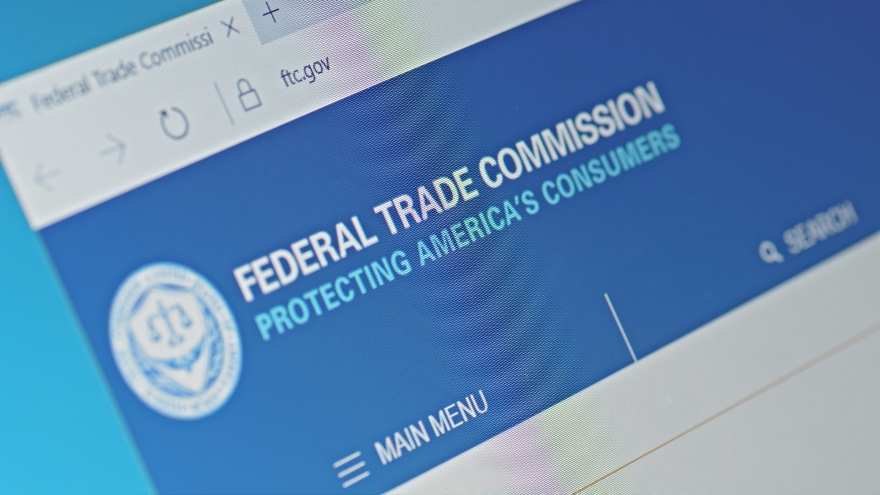FTC continues fight against illegal phone calls

By subscribing, you agree to receive communications from Auto Remarketing and our partners in accordance with our Privacy Policy. We may share your information with select partners and sponsors who may contact you about their products and services. You may unsubscribe at any time.
WASHINGTON, D.C. –
While phone calls remain an important tool for collectors and skip-tracers at auto finance companies, the Federal Trade Commission told the U.S. Senators last week that the agency “is using every tool at its disposal to fight” illegal robocalls.
Appearing at a hearing hosted by the Senate Committee on Commerce, Science and Transportation, Lois Greisman, associate director for the FTC’s division of marketing practices, told lawmakers about the most recent efforts regarding unwanted phone calls that aren’t associated with attempts to collect legitimate debt.
“Illegal robocalls remain a significant consumer protection problem because they repeatedly disturb consumers’ privacy and frequently use fraud and deception to pitch goods and services, leading to significant economic harm,” Greisman said. “Illegal robocalls are also frequently used by criminal impostors posing as trusted officials or companies.
“Consumers are justifiably frustrated,” continued Greisman, who indicated the FTC received more than 4.5 million robocall complaints during the 2017 fiscal year.
“The FTC is using every tool at its disposal to fight these illegal calls,” she went on to say.
Greisman noted that since the FTC began enforcing the Do Not Call (DNC) provisions of the Telemarketing Sales Rule, the FTC has brought 135 enforcement actions seeking civil penalties, restitution for victims of telemarketing scams and disgorgement of ill-gotten gains against 439 corporations and 356 individuals. As a result of the 125 cases resolved thus far, the FTC has collected more than $121 million in monetary relief for defrauded consumers and civil penalties.
Subscribe to Auto Remarketing to stay informed and stay ahead.
By subscribing, you agree to receive communications from Auto Remarketing and our partners in accordance with our Privacy Policy. We may share your information with select partners and sponsors who may contact you about their products and services. You may unsubscribe at any time.
The FTC said actively coordinates with law enforcement partners, technical experts, industry and other stakeholders; for example, providing input to the National Association of Attorneys General Do Not Call working group. The FTC added that also works closely with federal law enforcement partners to conduct robocall enforcement “sweeps.”
In addition, last month, the FTC and FCC co-hosted a Joint Policy Forum to discuss the regulatory and enforcement challenges posed by illegal robocalls, including Caller ID blocking and “neighbor spoofing.”
And as opposed to collectors trying to reach delinquent vehicle installment contract holders, Greisman emphasized what the FTC recommends regarding robocalls deemed to be illegal.
“In the case of robocalls, the FTC’s message to consumers is simple: if you answer a call and hear an unwanted recorded sales message — hang up. Period,” she told Senators.


